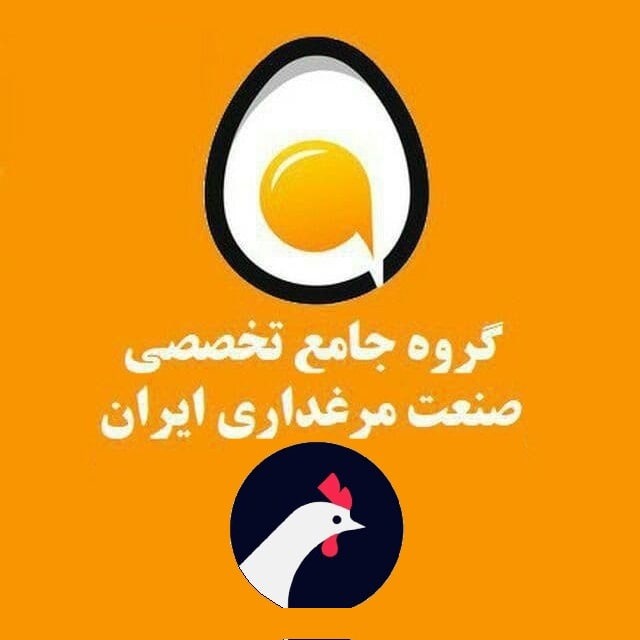Current sanctions limit technology transfer and investment to increase productivity. Energy subsidies and other administered prices contribute to supply-demand mismatches, wasteful consumption, and allocative inefficiency. This is a significant financial burden and detrimental to the environment. Climate change exacerbates energy and water shortages, negatively impacting food security and jobs in a stagnant agricultural sector. Limited employment opportunities and high inflation have consistently negatively impacted purchasing power and poverty outcomes. An estimated 40 percent of households are vulnerable because they have a high probability of falling back into poverty if they experience a shock. The gradual aging of the population, significant emigration of highly skilled workers and declining birth rates will not only affect the growth outlook, but also strain the already struggling pension system. Financial sector challenges, including an undercapitalized banking sector and lack of liquidity, limit the prospects for private sector-led growth.
Iran’s economic outlook
Real GDP growth is projected to average 2.8 percent annually from 2024-25 to 2026-27. The initial increase in oil production and exports in 2023-2024 is expected to be significantly moderated by a similar spillover effect in the non-oil sector. Weaker global demand, ongoing sanctions, energy shortages, liquidity constraints, low investment and geopolitical tensions further contribute to this outlook. While inflation is expected to ease further, it is expected to remain high. Despite the government’s plans to consolidate the budget in 2024-2025, fiscal pressures are expected to continue, leading to fiscal deficits compounded by off-budget spending. It is expected that the current account surplus will decrease gradually due to the decrease in commodity prices and the increase in global competition in key markets.
Building on the inclusive growth of the past two years, while ensuring a strong safety net, will help ensure continued poverty reduction. The economic outlook is affected by various risks, including the dynamics of the global oil market, climate change, the intensification of economic sanctions, and the outlook. The conflict in the Middle East will have a negative impact on the economy due to the decrease in oil prices due to the decrease in global demand. The prospect of growing economic ties with China makes the economy susceptible to fluctuations in the Chinese economy. The increase in extreme weather events threatens agricultural production and employment. It creates risks for food security and livelihood. The tightening of economic sanctions, especially on trade with neighbors and existing trading partners, will significantly affect growth. The expansion of the conflict in the Middle East will have important consequences for Iran and the region. On the contrary, removing or exempting part of the sanctions will significantly increase growth.
This post is written by Mahdi_taghavi_far_iran63
